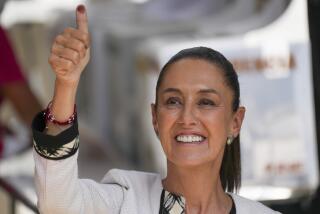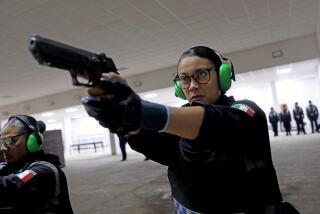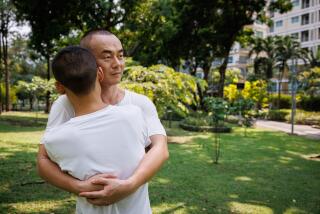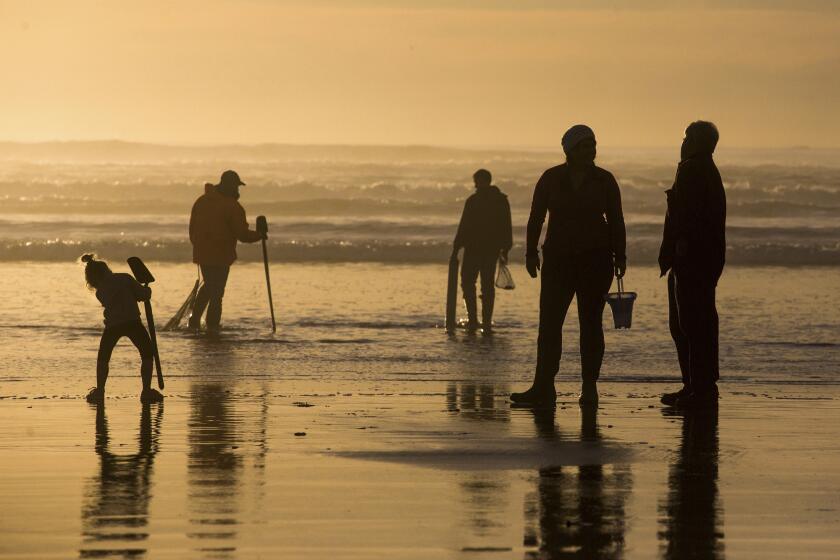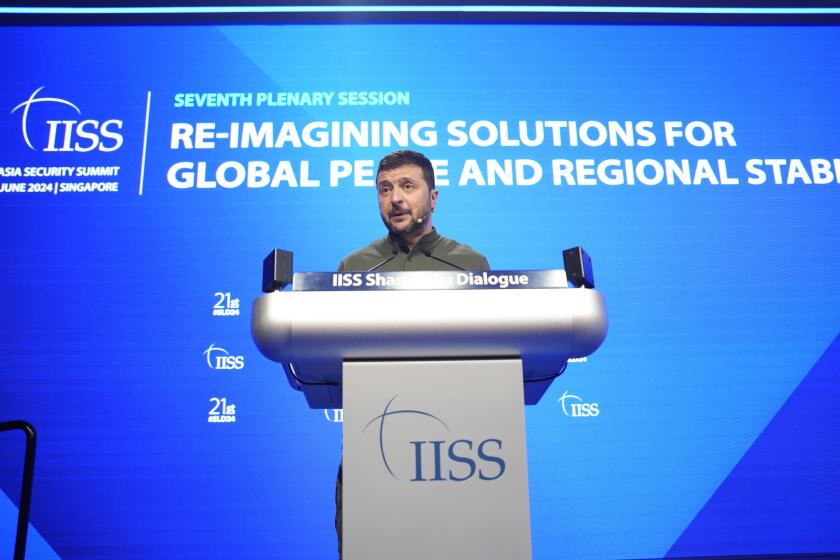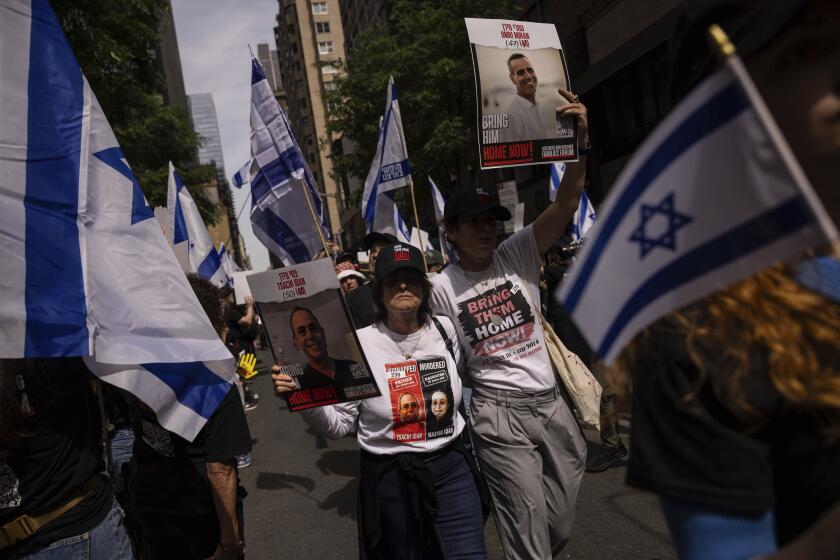Nigerian president’s health remains a mystery
Nigeria’s ailing president may still be flat on his back in the ambulance that rushed him from the airport to his residence after his secretive return last week from Saudi Arabia, where he was treated for heart-related health issues.
Or sitting in a hard-backed chair in his official residence, while nieces, nephews and grandchildren tear up and down the stairs. Or working out daily on an exercise bike and walking up and down stairs.
Any of the scenarios, reported by Nigerian newspapers or by President Umaru Yar’Adua’s supporters, could be true, false or somewhere between, but they’re all that Nigerians have to go on: The president has not addressed the public since he left the country for treatment in Jidda, Saudi Arabia, for pericarditis, inflammation of the lining around the heart, in November, not even after he returned Feb. 24.
One thing that does seem clear is that since the president’s return, acting President Goodluck Jonathan has been unsuccessful in several attempts to see him.
Yar’Adua’s supporters put this down to the president’s introverted personality and insist that he’s on his feet and doing well. His opponents in the ruling party counter that if Yar’Adua is able, he should address the nation, and they accuse his aides of running the country without authority.
The Cabinet is divided between the largely Muslim north where Yar’Adua comes from and the predominantly Christian south, Jonathan’s home region.
Nigeria’s political culture is replete with secret deals, betrayals, bitter lifetime feuds and scandals. As the crisis drags on, northern and southern power brokers grow more suspicious of one another’s motives.
Nigeria, with a history of military coups and rigged elections, is Africa’s most populous nation, with 150 million people. Western powers are watching the impasse anxiously, given Nigeria’s oil riches and geopolitical importance.
The British Embassy released a statement recently calling on Nigerian politicians to avoid a constitutional crisis. A U.S. statement on Yar’Adua’s return was more blunt. It said Nigeria needed a strong leader, adding that reports suggested Yar’Adua was frail.
“We hope that President Yar’Adua’s return to Nigeria is not an effort by his senior advisors to upset Nigeria’s stability and create renewed uncertainty in the democratic process,” the statement read.
Those words have riled Yar’Adua’s supporters while prompting speculation in the news media that the United States had intelligence from Saudi Arabia that Yar’Adua is on his deathbed. Northern power brokers took it as evidence that the Americans dislike northern leaders.
One scenario reported in the Nigerian daily the Punch on Monday said that U.S. intelligence sources had informed President Obama that Yar’Adua was in dire health and that Obama had “demanded” to know his condition.
Nigeria’s political stability hangs on a gentleman’s agreement in the ruling People’s Democratic Party to rotate the country’s leadership: eight years to the south, then eight years to the north.
If either side reneged, it would shatter the ruling party and potentially plunge the country into turmoil. The PDP met Tuesday to reaffirm the deal, undercutting any ambition Jonathan and his backers might have to take power and run him for president in the 2011 election. The nation’s 36 state governors also met Tuesday and agreed that for the sake of Nigeria’s stability, the leadership should remain in northern hands till 2015.
“If Goodluck reneges, some people in the PDP would support him, but the majority would not support him. It would be very difficult for anyone in the north to support him,” said northern power broker Tanko Yakasai, a former presidential liaison officer to the National Assembly.
Yar’Adua, 58, was elected in 2007 in a vote that led to allegations of ballot-rigging and intimidation.
Yakasai said Yar’Adua had been endorsed as successor by former southern President Olusegun Obasanjo in a plot to maintain southern control.
“He picked Yar’Adua because of his ill health history so that Yar’Adua would not survive to the end of his term and if Umaru [Yar’Adua] died, then power would rotate back to the south,” Yakasai said.
He said Obasanjo hoped either to dominate Yar’Adua or watch him die in office. Obasanjo called on Yar’Adua to step down in January.
Yakasai said the confusion and anger over Yar’Adua’s failure to appear in public have been deliberate over-dramatization from the south. “You have to appreciate the kind of politics we play in Nigeria.”
Information Minister Dora Akunyili, a Jonathan ally and the only minister who has spoken out on Yar’Adua’s health, risks dismissal should Yar’Adua return, analysts say. She has called on Yar’Adua to address the nation if he is healthy enough to do so.
“The cabal [Yar’Adua’s aides] wants to continue with their usual statements of ‘The president said and you must comply.’ They want to continue dishing out instructions even when the president did not say so,” she told Reuters.
Yakasai said that if Yar’Adua recovered, many people in the ruling party would advise him not to seek a second term.
More to Read
More to Read
More to Read
Start your day right
Sign up for Essential California for news, features and recommendations from the L.A. Times and beyond in your inbox six days a week.
You may occasionally receive promotional content from the Los Angeles Times.
